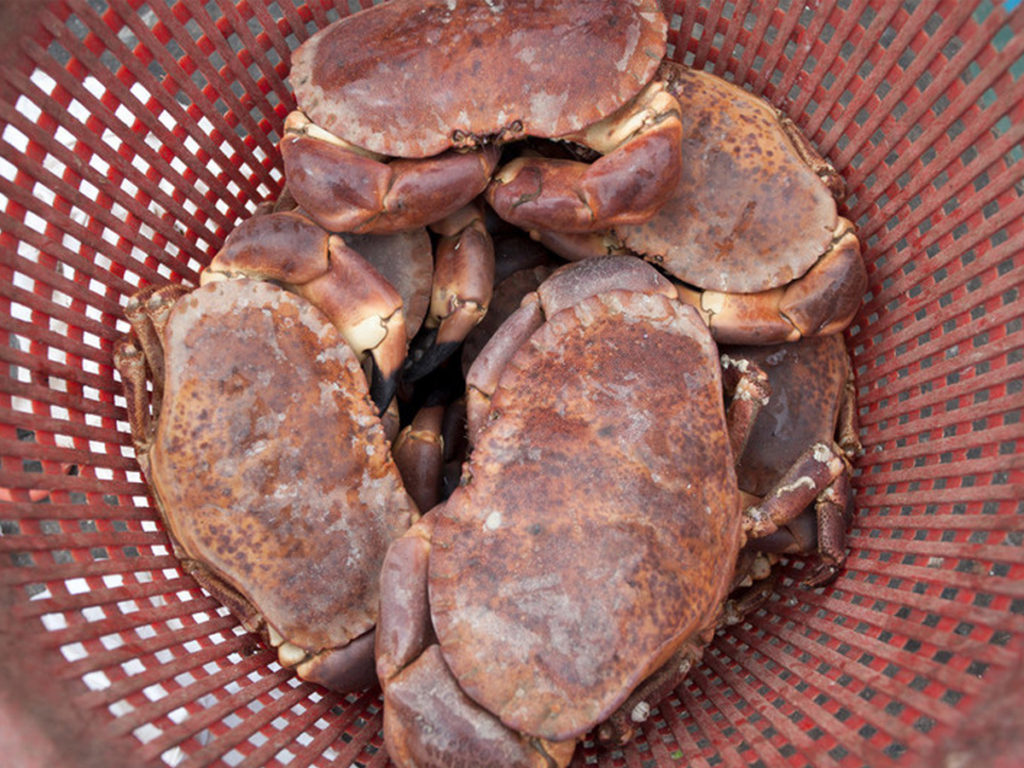
Last updated: 10 May, 2025 @ 12:11
Seafish, the non-departmental body that supports the UK seafood sector, has criticised some elements of the Marine Conservation Society’s (MCS) latest Good Fish Guide.
The guide, which provides sustainability ratings for some 656 different seafood species and products, is updated twice-yearly.
‘Rated too harshly’
The latest update labelled 161 of those species and products as ‘ones to avoid’, a move that has drawn criticism from across the fishing industry, with Seafish calling some of the ratings ‘harsh’.
Aoife Martin, director of operations said: “We acknowledge that sustainable fisheries management is vital to secure fish and shellfish stocks for future generations.
“Assessments like the Good Fish Guide are helpful to consumers, but they must be based on the most accurate and up to date information.
“Our Fisheries Management team provided feedback to MCS on the proposed ratings. Now that the latest version of the guide has been released, and we can see the final scores we are concerned that some fisheries have been rated too harshly.”
Confusing for consumers
The confusion does little to help consumers, many of whom already struggle to find clear information on how to enjoy seafood sustainably.
“We know that good work is already underway in the UK, with industry stakeholders and regulators collaborating on the sustainable management of economically important shellfish and finfish fisheries.
“This includes the shellfish management groups, which bring together industry, government, and researchers, and various Fishery Improvement Projects. The guide does not appear to take account of this activity, and the positive impact it can have on stock sustainability,” said Aoife Martin.
Active management in place
Seafish went on to say that there was a consistent concern that the ratings ‘do not reflect that there is already active management underway across many of the fisheries that were awarded a red rating’.
It cites current measures in place for Crab, Lobster fisheries and Dover Sole fisheries – all of which received poor ratings by the MCS.
Red-rated North Sea Monkfish
“While the recent stock assessment has shown a fall in [North Sea Monkfish] biomass, we know that biomass reached a historic high in 2017, and that the actual size of the stock remains in line with the long-term average and catches have been in line with scientific advice.
“Reflecting this reduction in biomass, new management measures have reduced the catch limit by 20%, so there are management measures in place to ensure the long-term sustainability is maintained.
“We are concerned that when assessed in full, the available evidence does not support a five rating,” it said.